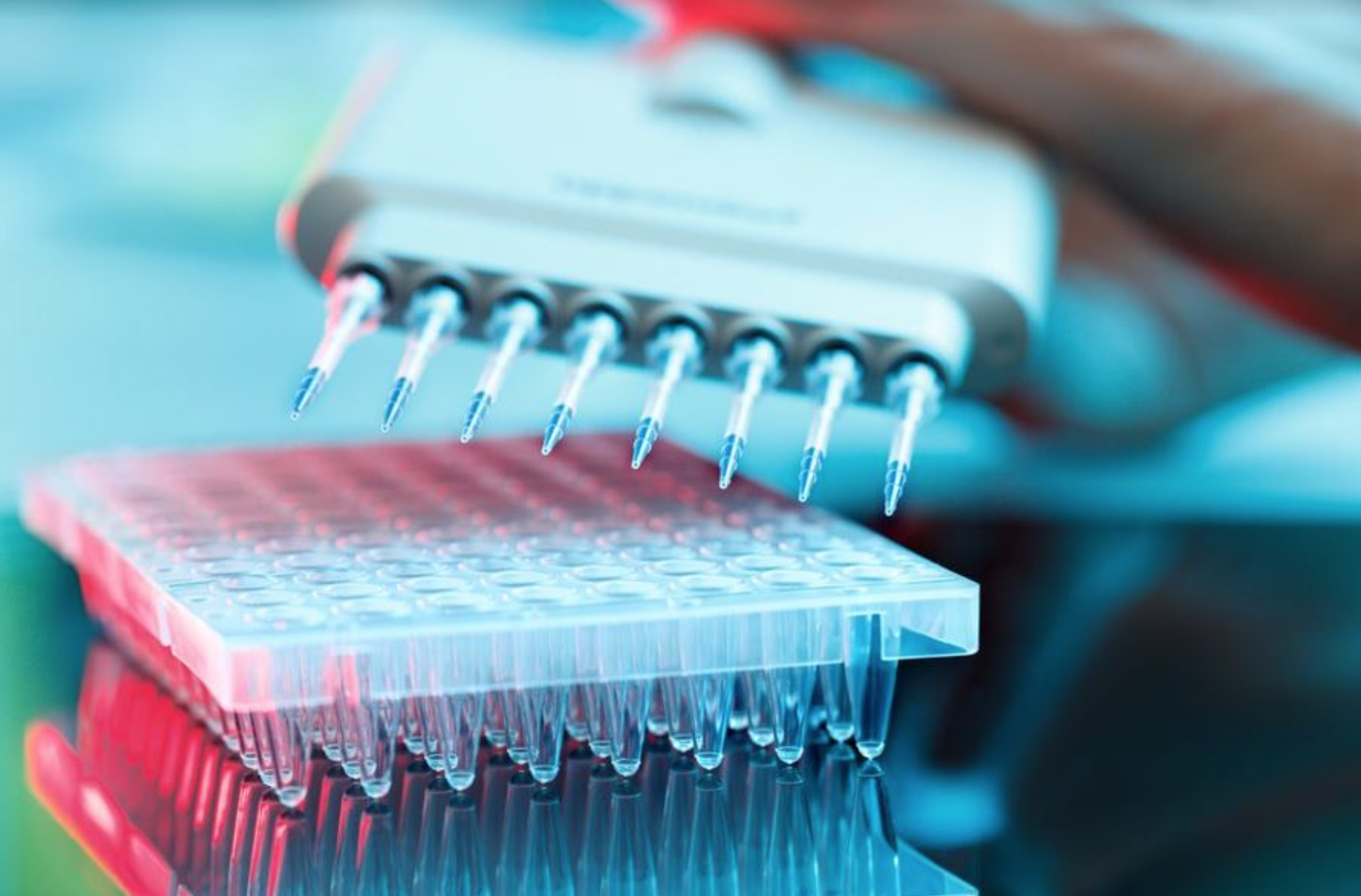-
Update and tid bits on gene therapy – Investigational therapies

Today I had a phone interview with my case manager from the University of Miami ALS research study. Daniel is wonderful and she always offers suggestions or contacts on where to find answers is she is unable to provide. I had many questions, and unfortunately I was unable to take notes. I thought I would share some of the conversations and information that Daniel and the neurologist shared. Today, I was asking about the clinical trial that they are participating in. The clinical trial is targeting the SOD1 and C9 gene mutations. They are comparing pALS with slow progressing ALS and with aggressive progressing ALS who are receiving gene therapy.
I was wanting to know if their research was gene specific and how the different genes with mutation are driving research. The doctor explained that part of a study focuses on how to treat the SOD1 gene mutation. The hope is that it will stop the progression of ALS, or drastically slow it down. They have enrolled about half of the pALS that are permitted to participate in the clinical trials at their site. Unfortunately my cousin was not admitted into the trial. Although he met the criteria, they had already accepted half of the participants (the half with slow progressing ALS). I guess in a way that is good news.
Then the neurologist explained that in my family the mutation in the SOD1 gene is the less common mutation (for the SOD1 gene). It is typically slow progressing; but can also be very aggressive. She explained in some cases related to specific gene mutations there appeared to be clear progression rates (slow, average (2-5 years) and extremely aggressive 6-8 months. I don’t recall (but will follow up with questions) which genetic mutations were typically associated with which ALS progression rate.
My visit to the ALS clinic in Miami is next month; I will ask lots of questions about their clinical trials, research, and hypothesis.
How many of our members are not pALS, but have been tested and are aware that they have a genetic mutation? Are you involved in research and if so, could you share what you have learned.
For pALS, are you involved in any studies? What have you learned about you particular case of ALS from you medical team?
Log in to reply.
